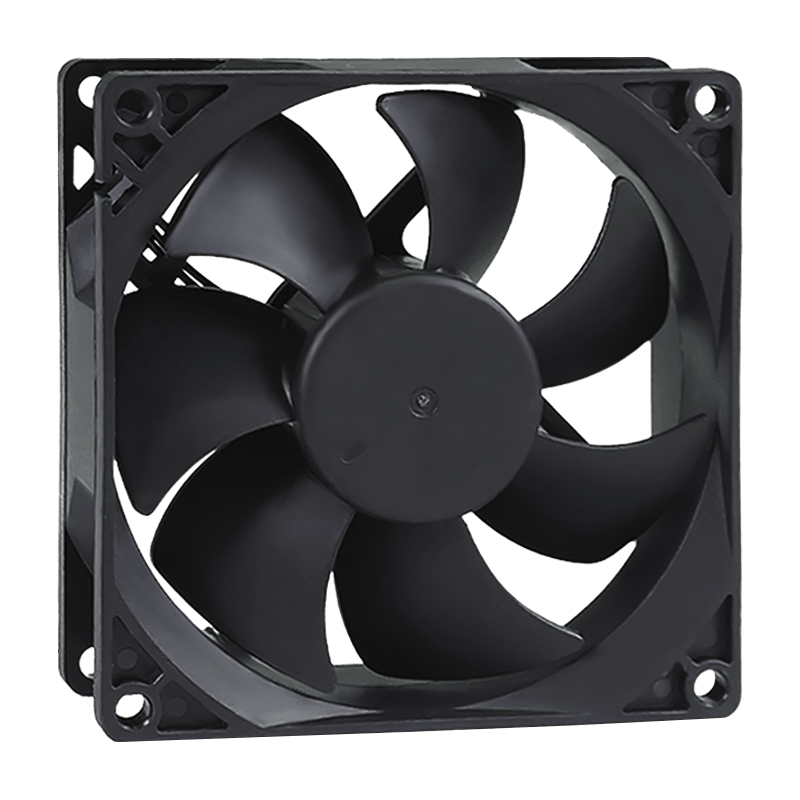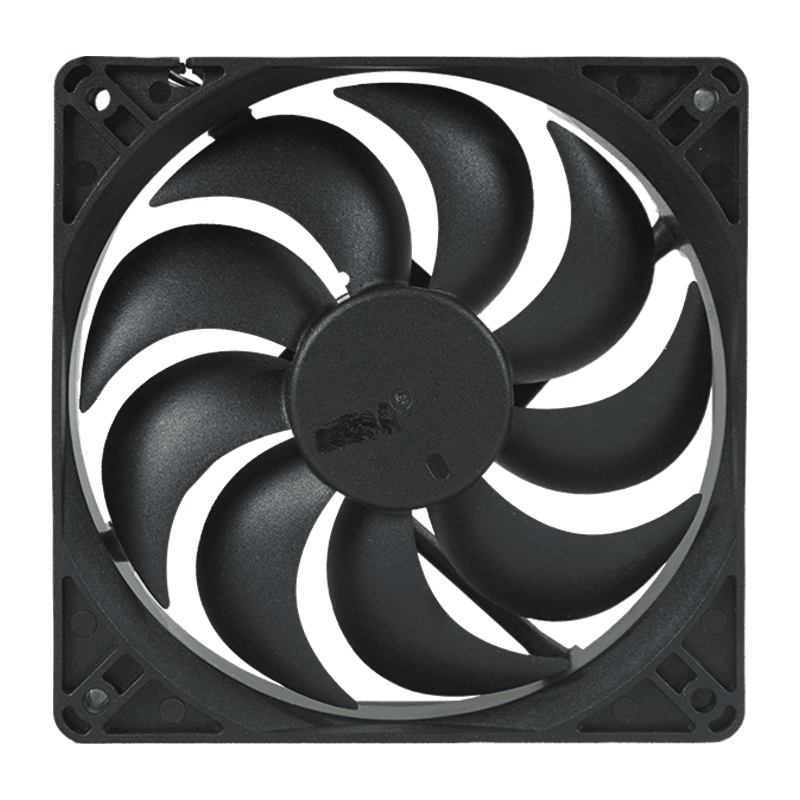EC cooling fans are a type of fan that operates using an electronically commutated motor. Unlike traditional fans, which rely on induction motors, EC fans use brushless DC motors combined with an integrated electronics package. This unique design allows for more precise control over the fan's speed, energy consumption, and performance. EC fans are widely used in industries that require high-performance cooling, such as HVAC (heating, ventilation, and air conditioning), refrigeration, electronics, automotive, and industrial machinery.

When considering cooling solutions, it is essential to evaluate the benefits of EC fans over traditional fans. Some of the key advantages include:
1. Energy Efficiency
One of the standout benefits of EC cooling fans is their exceptional energy efficiency. Unlike conventional fans that consume a fixed amount of energy regardless of their operating conditions, EC fans can adjust their speed based on demand. By using an electronically controlled motor, EC fans reduce energy consumption, making them more efficient and cost-effective. In fact, EC fans can reduce energy usage by as much as 30-50% compared to traditional AC (alternating current) fans.
2. Precise Speed Control
EC fans offer more precise speed control compared to traditional fans. The fan's speed can be varied using external control signals or onboard sensors, allowing users to match the fan's performance to the cooling needs of the application. This level of control is particularly valuable in systems where temperature regulation is critical, such as in computer servers, medical equipment, or industrial cooling systems.
3. Reduced Noise Levels
Due to their ability to operate at lower speeds when less cooling is required, EC cooling fans tend to produce less noise compared to conventional fans. Noise reduction is especially beneficial in applications where a quiet environment is crucial, such as in offices, residential settings, or laboratories.
4. Improved Reliability and Durability
EC fans are typically more durable and reliable than their traditional counterparts. Since they have no brushes or commutators, the wear and tear on the motor is significantly reduced. Additionally, the integrated electronics offer protection against over-voltage, over-temperature, and short circuits, enhancing the overall lifespan of the fan. This makes EC fans suitable for continuous, long-term operation in demanding environments.
5. Compact Design
Many EC cooling fans have a more compact design compared to traditional fans, making them ideal for applications where space is limited. Their small size does not compromise their performance, and they can be easily integrated into tight spaces, such as inside computer servers, electronic enclosures, or other compact machinery.
Applications of EC Cooling Fans
EC cooling fans are used in a wide range of applications, owing to their versatility and efficiency. Some common applications include:
1. HVAC Systems
In HVAC systems, efficient cooling is essential for maintaining comfortable temperatures while energy consumption. EC fans provide precise airflow control, ensuring that the system can adjust the cooling power as needed. These fans are ideal for use in both commercial and residential HVAC units.
2. Industrial Machinery
In industries like manufacturing and processing, machines often generate excessive heat during operation. EC fans are used to regulate the temperature of various machinery, ensuring smooth operation and preventing overheating. The fans help to reduce energy usage while maintaining cooling levels.
3. Data Centers and Electronics
Data centers, servers, and other electronic devices generate significant amounts of heat, and efficient cooling is crucial to prevent downtime and equipment failure. EC cooling fans are ideal for data centers because of their energy efficiency, quiet operation, and precise temperature regulation.

 English
English 中文简体
中文简体 عربى
عربى






